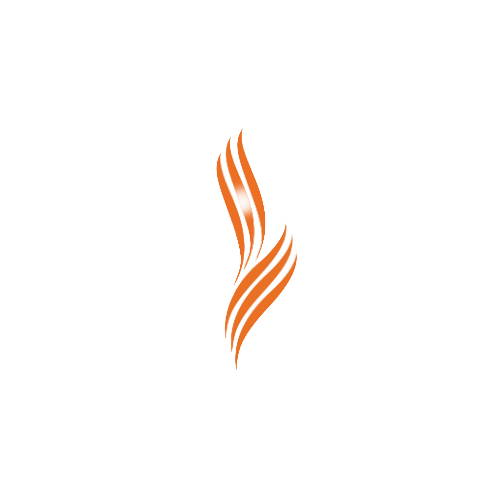What really happened that night, on that day hundreds and hundreds of years ago, when the Book of Exodus tells us that
Pharaoh rose up in the night, he, and all his servants, and all the Egyptians; and there was a great cry in Egypt… And he called for Moses and Aaron by night and said: ‘Rise up, get you forth from among my people, both ye and the children of Israel; and go, serve the Lord, as you have said. Take both your flocks and your herds, as you have said, and be gone, and bless me also.’
What really happened? We don’t know. We have only this story, written down in the Book of Exodus, centuries after the events it describes.
“Moses,” says James Plastara, who wrote a book titled “The God of Exodus,” and those who followed him in the prophetic office were never content to say: “This is what happened! These are the facts! Now you judge for yourself what it all means.” Instead, they tried to share their understanding and experience with us. “
“Even if the Exodus memory is indeed the memory of a true historical event,” wrote Avishai Margalit- emeritus professor of philosophy at the Hebrew University in Jerusalem- it is a closed memory of the event: the only line of memory leading to this event is the one authorized by tradition.
Yet, Amy Dockser Marcus, a Boston-based staff reporter for the New York bureau of “The Wall Street Journal,” asks very appropriately: What would be the rationale for inventing such a narrative and assuming the mantle of slavery in Egypt if there wasn’t at least some basis in historical reality?
Modern orthodox rabbi Irving Greenberg frames the whole issue from a perspective that points to facts:
“On one level, this is a very specific incident in the particular history of a small Middle Eastern tribe. The entire event was so obscure at the time that no independent record of the liberation existed outside of the chronicle of these people.
It happens, though, that this people, brought into being by this particular event, went on to transform human consciousness. And its chronicle turned out to be the TaNaKh, the single most influential book in human history.”

